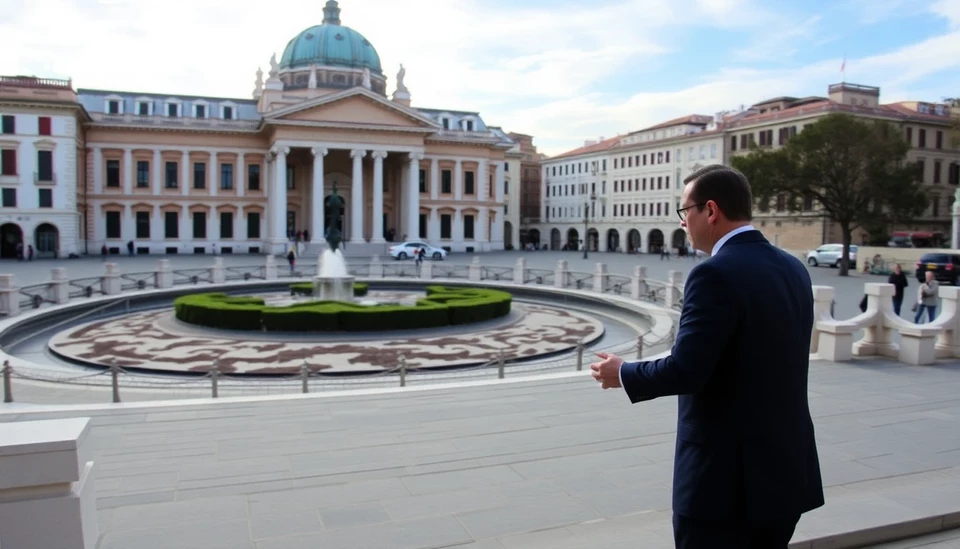
The Italian economy is currently grappling with predictions of diminished growth, but Finance Minister Giancarlo Giorgetti has taken a firm stance against additional borrowing to address these challenges. In his recent statements, Giorgetti emphasized the government's commitment to fiscal discipline even in the face of slower-than-expected economic expansion for the upcoming year.
Reports indicate that Italy's growth outlook for 2025 has been adjusted downward, reflecting a broader trend of uncertainty within the Eurozone. Despite this, Giorgetti maintained that the government would not resort to extra borrowing to stimulate the economy, a decision that is intended to uphold the country’s fiscal credibility and prevent further debt accumulation.
The shift in economic forecasts is due, in part, to a combination of factors including rising energy costs, lagging industrial output, and decreased consumer confidence, influenced by external global economic pressures. In light of these developments, Giorgetti's declaration underscores a significant aspect of Italy's economic policy—an unwavering resolve to adhere to budgetary constraints.
In a recent interview, expectant analysts noted that the Italian government's approach may face scrutiny, particularly from sectors reliant on government support during times of economic downturn. Critics have suggested that a lack of strategic stimulus could hinder recovery efforts and provoke further stagnation in key economic indicators.
Looking ahead, Giorgetti has called for a "common effort" among the political landscape and economic stakeholders to navigate through these turbulent waters. His calls for unity reflect a larger strategy aimed at fostering an environment conducive to sustainable growth without further complicating the fiscal landscape. The current government’s priority remains leveraging existing resources rather than inflating the country’s debt profile.
As the financial landscape evolves, observers will be keen to evaluate how Italy's decisions will resonate with both the domestic populace and international markets. The commitment to resisting additional borrowing might be viewed positively by fiscal hawks, yet it poses risks to sectors that may benefit from increased government investment during challenging economic periods.
In conclusion, Italy's Finance Minister Giancarlo Giorgetti's declaration on maintaining fiscal discipline despite lowered growth forecasts highlights a proactive yet cautious approach as the nation navigates its economic challenges. The continued emphasis on economic steadiness may serve as a double-edged sword, balancing immediate needs against long-term fiscal health.
#ItalyEconomicPolicy #Giorgetti #FiscalDiscipline #GrowthForecast #EurozoneEconomy
Author: Daniel Foster




